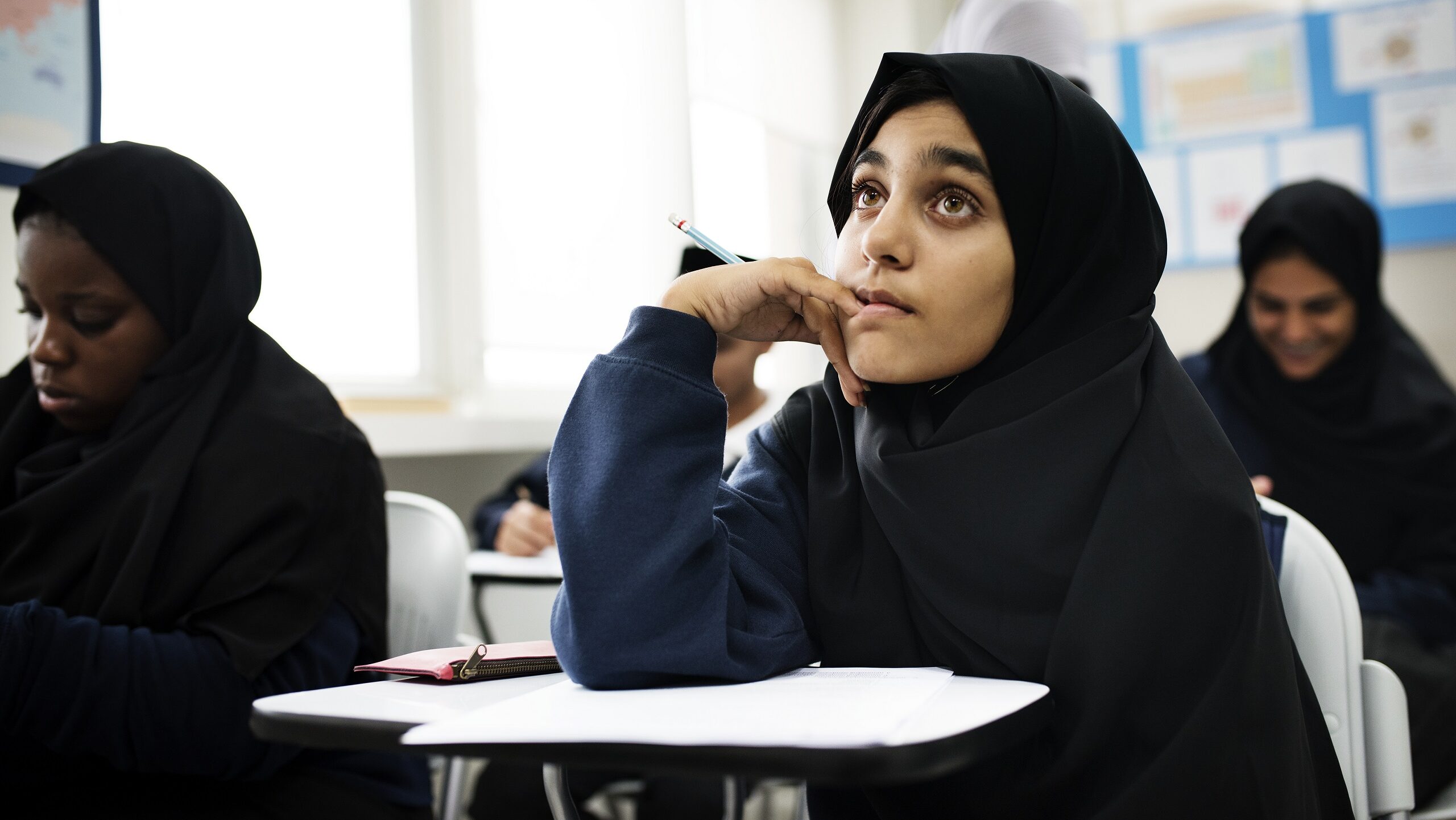Something Is Wrong With Our Educational Philosophy
Al Qabas, Kuwait, June 27
The leaking of final exams in “Islamic Religion” for high school students—those poised to enter university—has unveiled several peculiar issues. What justifies teaching religion for 12 full years? Isn’t religion, as often described, “the faith of nature”? Isn’t it inherently part of a Muslim’s life from birth, imbibed almost with maternal care? There’s clearly a flaw or mystery that education authorities believe necessitates such an extended period of study for this subject. How do we reconcile this belief with the reality that, after 12 years of religious education, students resort to cheating? Moreover, parents are willing to spend money to obtain exam questions for a subject that is supposed to instill honesty, morals, and adherence to the right path, or so educators assert. The recurring phenomenon of cheating, especially in this particular subject, demands scrutiny. Perhaps it’s time to halt its teaching after middle school. If a student has not grasped these concepts by then, chances are they never will—a stark issue crying out for innovative thinking. Unlike complex mathematical theories or intricate physics principles, unless the subject matter has been overloaded with stories and strenuous assumptions hard to memorize. Curriculum developers argue that the purpose of teaching religion is to impart morals. Ostensibly, that’s the goal. However, the failure is evident after 12 years of instruction. This is not just an indictment of the student or the Ministry of Education, or the curriculum developers themselves, but rather of the entire educational philosophy. The frequency of exam leaks underscores this failure, as it wasn’t an isolated incident but merely one of many that have affected thousands of students. Education authorities and the Council of Ministers have often turned a blind eye, with only a few culprits facing consequences, fostering an impression of a lack of seriousness in addressing the issue. Consensus grows that for decades, the Muslim Brotherhood has exerted a stranglehold over the Ministry of Education and the educational system as a whole. This dominance occurred openly, with the full knowledge of former education ministers and heads of government. Today’s predicament is the result of the Brotherhood’s influence, which raises the question: is it time to rid the ministry of their control? The fact that tens of thousands of parents and students are willing to spend significant amounts for exam questions—even in a subject central to their faith—suggests a deeper malaise. It indicates a perception of religion as merely ritualistic worship, divorced from moral teachings. Ironically, it is precisely these moral lessons that need more emphasis in education. In an alarming revelation, authorities in an Arab country discovered that a girl took an exam in place of a friend who had chosen to perform the Hajj. This incident epitomizes the widespread contradictions in our society. It’s a stark reminder of the depths of the crisis we’re facing. —Ahmed Al-Sarraf (translated by Asaf Zilberfarb)
This holiday season, give to:
Truth and understanding
The Media Line's intrepid correspondents are in Israel, Gaza, Lebanon, Syria and Pakistan providing first-person reporting.
They all said they cover it.
We see it.
We report with just one agenda: the truth.



